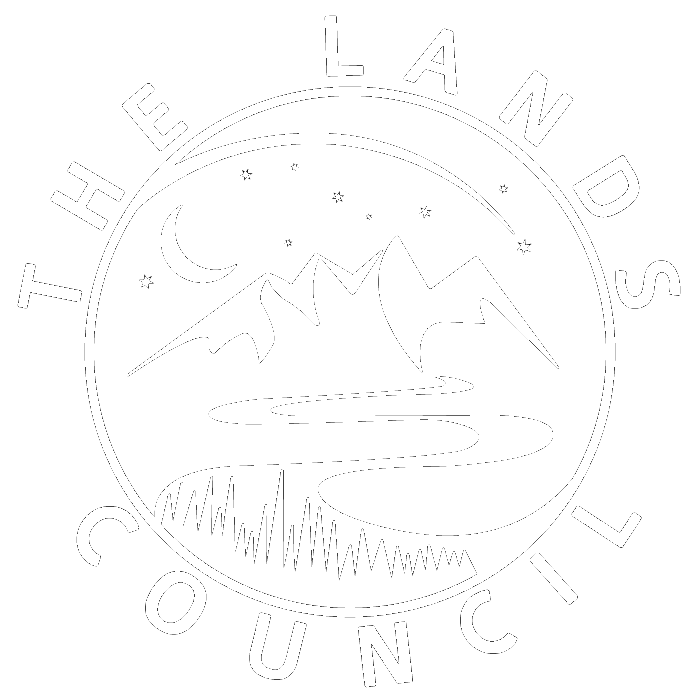First, I want to thank all of you who have stepped up to help The Lands Council during a challenging 2020. Your support of our conservation work is greatly appreciated! I am hopeful that we will safely move beyond the pandemic in 2021, get vaccines, and see our local businesses re-open. We will push forward in our work to mitigate the impacts of climate change and ensure that our public lands and the wildlife that call them home are protected. We will strive for environmental justice with our work to restore and remove PCB’s from the Spokane River and make it safe to eat the fish from the river.
One of our most important climate programs is restoring beaver to our region – they raise water tables and expand wetlands. Not only do we relocate beaver, but we also improve beaver habitat with planting along stream banks and we build analog dams that do some of the work of real beaver dams. Sometimes the analogs dams attract beaver to move in. We also help property owners who are being challenged by beavers flooding their property or damaging their trees. In 2021, we want to increase the odds of beaver surviving by working to end beaver trapping on public lands.
Another climate effort we have undertaken is working with our climate partners stop new projects like the Kalama methanol refinery, which would be one of the largest greenhouse gas polluters in Washington. Our new biochar program has the potential to sequester carbon from forest residue, as well as, reduce the smoke that spews from burning slash piles. In 2021, we will work to plant thousands of trees, including Ponderosa pine, and increase the canopy cover throughout Spokane County, as well as, work on a climate action plan for Spokane.
Our work to restore and protect the public forests of our region will continue – on the Colville, Idaho Panhandle and Kootenai National Forests. An interesting challenge early in 2021 is a proposal for the Colville National Forest to swap land with a timber company. While a two for one swap sounds good, once the formerly public land becomes private - it has far less protection. Trees could be logged very near streams, old trees could be cut down, and wildlife habitat could be degraded. We will take a hard look at this proposal and see if our advocacy could lead to better forest practices on private lands.
Finally, we look forward to getting kids outdoors on adventurous hikes and snowshoe trips that also provide environmental education opportunities. It may be a few months, but we are optimistic that we can make it happen. Happy New Year and hope to see you soon!

